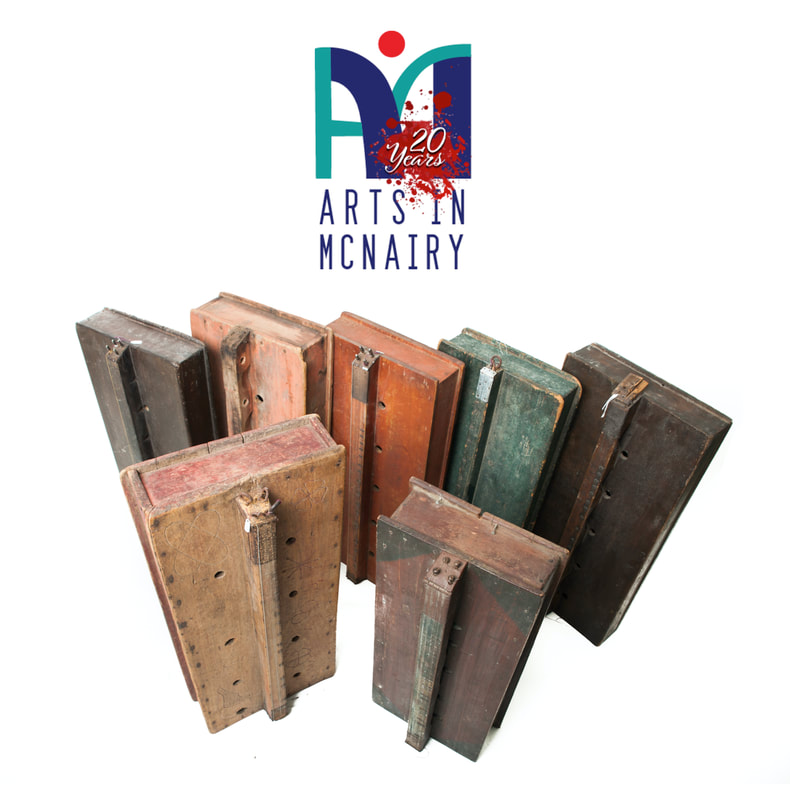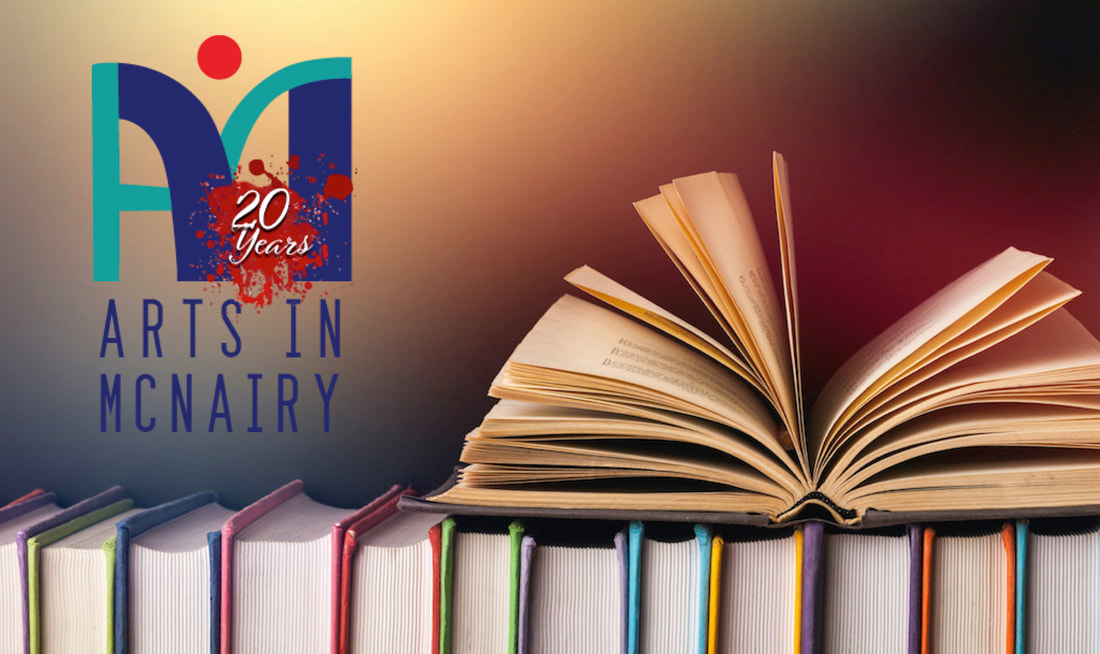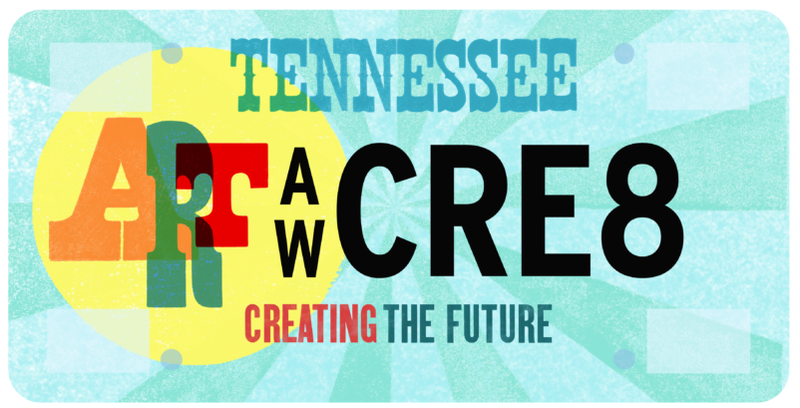|
By Shawn Pitts
I was grateful that the Independent Appeal ran a Discover McNairy column on the Tennessee music box a few weeks ago. It is a fascinating history and the article covered the details of how ten of those instruments were rediscovered and came to be in the possession of Arts in McNairy, so I won’t rehash those points. But people often wonder why a local arts agency would expend so much time and effort rounding up crudely made instruments that resemble packing crates more than their glamorous sisters, the mountain dulcimer. It’s a good question. I sometimes call it attic archaeology since most of the known Tennessee music boxes have been discovered in sweltering attics, dank basements and dusty haylofts. Many more never survived such harsh conditions and others were thrown out with the trash because people didn’t know, or care, what they were. That makes the urgent pursuit and recovery of these scarce folk instruments a lot like archaeology, only with digging through castoff junk in old attics instead of digging in the earth for lost civilizations. In the end, the goal is much the same: to learn what the artifacts can teach us about the people who made and used them. In the case of the Tennessee music box, we are talking about the rural people who inhabited southwest and south middle Tennessee from Reconstruction until about World War II. The fine details of the construction reveal much about the ingenuity of our forbearers. The rare music boxes—a form of box dulcimer—were never commercially produced. Each instrument was lovingly constructed by a craftsman from materials on hand. The bodies and fretboards are typically made of rough poplar planks. Snuff cans, tobacco tins, hinge pins, fences stables and other readily available items were often used to form the metal bridges, nuts and frets. The four tuning pegs were commonly made of eye screws. Ornamentation included recessed mother of pearl buttons, hand painted finishes, and sometimes carving on the top or along the fretboard. Creative configuration of the tone holes also contribute to the unique aesthetic character of each instrument. One music box has the faint remains of a checkerboard painted on the back. It was apparently flipped over on occasion to do double duty as a game table. Close examination of the wear patterns on the music boxes show that they were played in a variety of ways. Some instruments have the residue of rosin on the fretboard; evidence that they were bowed like a fiddle. Turkey feathers, homemade picks and noters discovered with the instruments or sometimes in their hollow bodies show that others were strummed. It is known that some players used a pocket knife, bottleneck or short piece of copper pipe to produce a slide effect similar to a dobro or blues and Hawaiian guitar styles. No one learned any of these techniques at conservatory or from a professional instruction manual; the remarkable variety of voices given to these versatile folk instruments were developed and passed along in community and family groups. Several have a direct connection to McNairy County, which was ground zero for Tennessee music box making. That they exist at all may be the most amazing thing about Tennessee music boxes. I don’t just mean that individuals like Ellis Truett Jr. and organizations like Arts in McNairy have shown an interest in their preservation. That’s a significant part of their story, but the mysterious, do-it-yourself origins of these instruments in the communities of the lower Tennessee River Valley speak to the universal human desire to create music. When there were no nearby music stores or family finances put expensive musical instruments beyond their reach, the rural people of our region turned to their own imaginations to develop their own kind of music. Arts in McNairy’s traditional arts committee believes that is an accomplishment worth remembering and celebrating. This post originally appeared in the McNairy County Independent Appeal
0 Comments
By Shawn Pitts
Last week, I was honored to speak at a fundraiser for the Jackson Madison County Library and even as I write this, it is National Book Lovers Day. It got me thinking about the role books and literature play in all our lives. When I was a child growing up in Adamsville, Irving Meek Jr. was our next door neighbor. Junior, as his friends lovingly called him, was Adamsville’s longtime public librarian. He would sometimes drop books by our house on his way home from work, and I well remember my grandmother hauling me off to get my first library card not long after I learned to read. Later, my aunt, Gerri Seaton, would take over as librarian at the new Adamsville library named in Irving Meek Jr.’s honor. Such things make an impression on a young mind, and though I probably didn’t show much promise as a literary student, they instilled in me a respect for the value of the written word. McNairy County is lucky to have a well managed library system. Our libraries are more than just book repositories. They offer literary and cultural programs for adults and children; partner and share resources with local nonprofit organizations; help preserve local, state and regional history; supplement student learning opportunities; provide technological infrastructure for those who can’t get or afford internet access; and much more. In the information age, libraries are being transformed into vital hubs for community engagement and learning—something we need now more than ever. In recent years programs like Dolly Parton’s Imagination Library and the Little Free Library boxes erected in public areas around the county have been aimed at ensuring that local kids have access to books from an early age. Mountains of research show that children who read (and are read to) fare better in almost every way we measure adult success, from living healthier lifestyles to being more informed and socially engaged. Additionally, they enjoy stronger earning potential over a lifetime. There is no downside to developing good reading habits early in life. Twenty years ago, when Arts in McNairy was just getting off the ground, one of the first organized program committees was devoted to literary arts. The group was never meant to compete with other local efforts, but aimed to emphasize the creative facets of reading and writing. The first organized program involved participants reading a work of fiction, watching the film adaptation together, and informally discussing the two works over dinner and dessert. The Southern Fried Poetry Contest which drew dozens of entries from adults and students soon followed. Then came a popular local book club and the Inklings writers’ group. Since moving into the Latta Building the AiM Literary Committee has been able to commission, publish and stage original works from aspiring playwrights, partner with regional organizations like Humanities Tennessee and Southern Word to engage students in creative writing, and host regular book signings and readings that spotlight local and regional writers. I haven’t even mentioned the dedicated teachers in our public schools who guide students thorough a demanding English curriculum, but they lay the foundations our kids need to develop good reading comprehension and a lifetime love of learning. Educators will be the first to tell you that not every child is going to be an accomplished poet, novelist, or even a voracious reader, but it’s vital that every student be exposed the streams of thought that form the societies in which we live and coexist. Science, technology, engineering and math (STEM) get all the press these days, but the humanities help us understand how to best apply the discoveries in these fields for the good of our community and world. That seems particularly important at this moment in our history. When autocratic regimes come to power the arts are usually in the crosshairs and book banning or burning is typically the first order of business. Why is that? The surest way to promote groupthink is to control what people can and cannot read. The world of words is a dangerous one for narrow-minded authoritarians since it can expose readers to transformative ideas; open up powerful creative channels in the human mind; enlighten us to ways of living and thinking on the far side of the planet; teach us about our own history; and inspire readers through stories of epic heroism, love and redemption; all without ever leaving home. Thoughtful readers are like globetrotting time-travelers, free to educate themselves by weighing the merits of thoughts and ideas in their appropriate historical and aesthetic contexts. They are the least likely to be manipulated by false narratives and propaganda. We read for pleasure, we read to expand our minds, and we read to inform ourselves about the world we share. It would be a better world if there was less talking and more reading. This post originally appeared in the McNairy County Independent Appeal |
|
|
Photo credits: Huffoto (Arts in McNairy's official photographer)
|
Arts in McNairy | 205 W Court Ave, Selmer, TN | PO Box 66, Selmer, TN 38375 | 731-435-3288| [email protected]



 RSS Feed
RSS Feed
